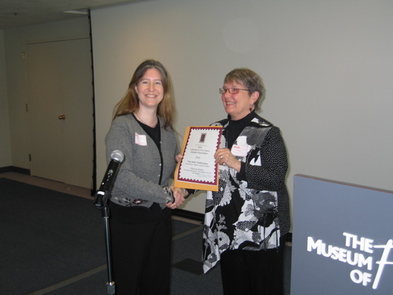Slideshow:
Reporting from the Olympic Games
photography, writing and slideshow production by Jennifer Karchmer
Slideshow:
Reporting from an Olympic Tent Village
photography, writing and slideshow production by Jennifer Karchmer
Quotes from the street
reporting by Jennifer Karchmer
Dateline: Vancouver, BC
Feb. 21, 2010
“You’d think we live in the land of VISA.” – Robert Bonner on Hastings Street regarding the commercialization of the Olympics and athletes adorned with logos on their uniforms.
“I’m not proud to be a Canadian.” – Elaine Durocher, 52, organizer of a homeless tent city on Hastings Street on Vancouver’s eastside.
“We do have the real world to return to. It’s been sort of a whirlwind here.” – man on Robson Street, amid Olympic celebrations.
“I’m a tourist in my own city.” – Lisa Maddalozzo of Vancouver, originally from Quebec, enjoying the free zipline rides at Robson Square as part of tourist celebrations.
“If you have to hide your face, you’re there only to do damage.” – Heather Pedersen, from Richmond, BC in reaction to masked protesters breaking storefront windows on Monday, Feb. 15, as part of Olympics protests.
“I’m starting a new life in Vancouver. It’s very positive here.” – Ali Ilyas, 32, a cook from Montreal who was relocating to Vancouver.
“It disgusts me. I think people don’t recognize the indigenous people of this country. It does shock me the nationalism that’s promoted by the Games.” – Harjap Grewal, an organizer with the Olympic Resistance Network on the commercialism of the Olympics.
Feb. 21, 2010
“You’d think we live in the land of VISA.” – Robert Bonner on Hastings Street regarding the commercialization of the Olympics and athletes adorned with logos on their uniforms.
“I’m not proud to be a Canadian.” – Elaine Durocher, 52, organizer of a homeless tent city on Hastings Street on Vancouver’s eastside.
“We do have the real world to return to. It’s been sort of a whirlwind here.” – man on Robson Street, amid Olympic celebrations.
“I’m a tourist in my own city.” – Lisa Maddalozzo of Vancouver, originally from Quebec, enjoying the free zipline rides at Robson Square as part of tourist celebrations.
“If you have to hide your face, you’re there only to do damage.” – Heather Pedersen, from Richmond, BC in reaction to masked protesters breaking storefront windows on Monday, Feb. 15, as part of Olympics protests.
“I’m starting a new life in Vancouver. It’s very positive here.” – Ali Ilyas, 32, a cook from Montreal who was relocating to Vancouver.
“It disgusts me. I think people don’t recognize the indigenous people of this country. It does shock me the nationalism that’s promoted by the Games.” – Harjap Grewal, an organizer with the Olympic Resistance Network on the commercialism of the Olympics.
